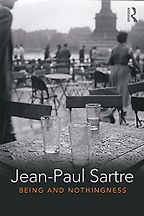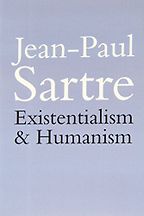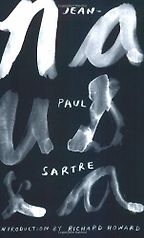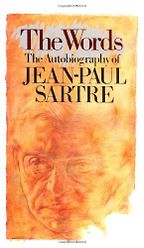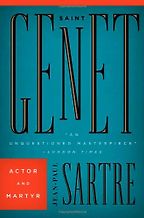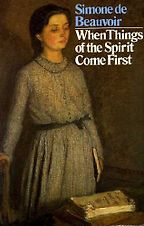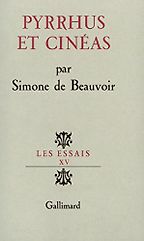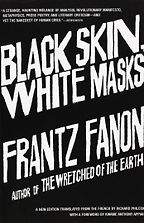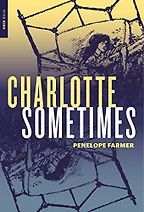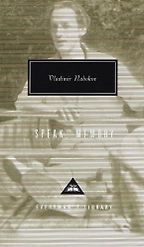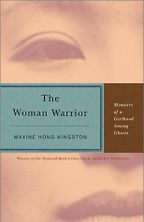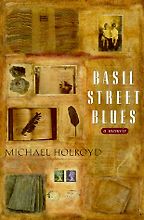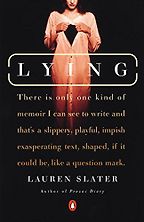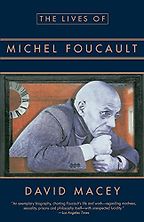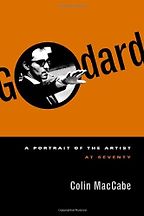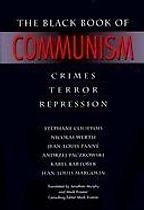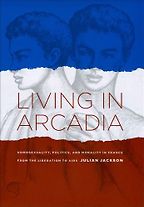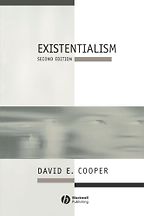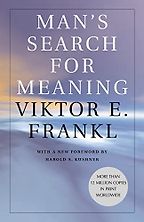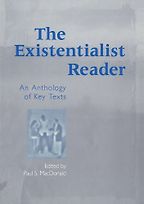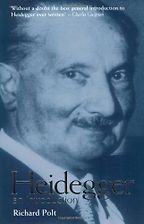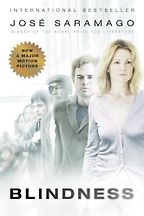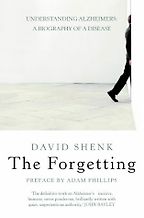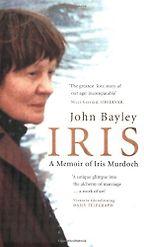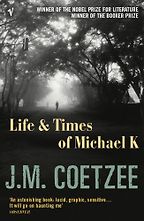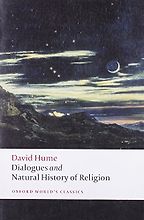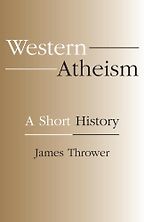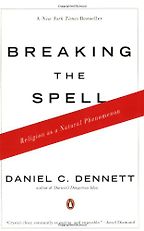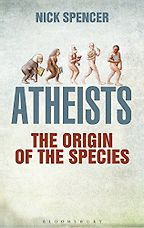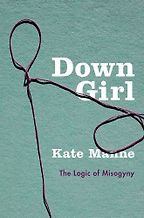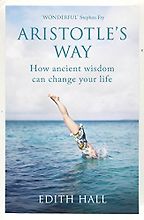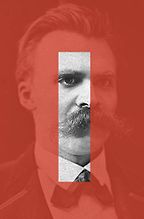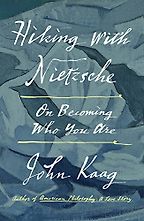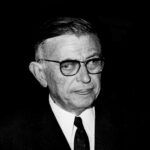
Books by Jean-Paul Sartre
Jean-Paul Sartre (1905-1980) was a French philosopher. He became associated with the philosophy of ‘existentialism’ (alongside his lifelong friend and lover Simone de Beauvoir), though he never embraced that label. More than a philosopher, Sartre saw himself as a writer, writing novels, plays, biographies and even song lyrics. His great work, Being and Nothingness, while challenging, is notable for its novelistic touches.
Being and Nothingness
by Jean-Paul Sartre & Sarah Richmond (translator)
***🏆 A Five Books Book of the Year ***
This is a new translation of Being and Nothingness: “When you read the book having read large parts of the previous translation, it feels like putting on a pair of new glasses”
“This is a book that was published during the Second World War in occupied Paris by Sartre, who has since become known as a great existentialist thinker alongside his lifelong friend and lover Simone de Beauvoir. Being and Nothingness became the Bible of existentialism…Although this book is threateningly abstract in places, it’s also fundamentally practical. It’s about the nature of what it is to be human…For me personally, I became interested in studying philosophy because I wanted to try and understand some of Being and Nothingness and Sartre’s ideas…You’d be surprised how many philosophers have been inspired by Sartre, even though they’ve gone on to become very different sorts of philosophers from him…Being and Nothingness has got these amazing novelistic passages. Most famously, there’s the example of the café waiter. Sartre is sitting in a café, watching a waiter who he thinks is in ‘bad faith.’ It’s a kind of self-deception, a denial of his own freedom to be other than he is in terms of his role and what other people expect him to be.” Read more...
The Best Philosophy Books of 2018
Nigel Warburton, Philosopher
“Serious Sartreans get quite annoyed with this book because it’s a very accessible, easy-to-read, non-technical, public lecture. Many Sartreans think that unless you’ve read Being and Nothingness from cover to cover and pored over the footnotes, you don’t really understand Sartre. For them, people like me who say, ‘I like Sartre, I like Existentialism and Humanism’ are a bit like people who say ‘I really like Wagner, that ‘Ride of the Valkyries’ is a great tune.’ …The reason I wanted to include it is that in contemporary Britain, atheists and humanist organisations are keen to stress the cheerful side of atheism…What you see in Sartre represents that tradition in thought pointing to troubling aspects of accepting a world without God. There are difficulties involved. Primarily, it’s this issue around responsibility. Without God, there’s nothing to fall back on as an authority, nothing to tell us what the right way to live is, or what the correct moral code is, nothing to show us what makes life meaningful. We really do have to make that decision for ourselves.” Read more...
Julian Baggini, Philosopher
“It’s just a fascinating book and a great way into existentialism. You might not come out of it with a very sophisticated conceptual system of existentialist ideas, but you do come out of it — well I did anyway! — with curiosity to read more. It leads you on to his great work, Being and Nothingness, which explores the same ideas, but from a philosophical perspective…It’s readable, it’s powerful, it’s sometimes a bit ridiculous, but it’s intense. Although it is a novel, it’s a novelization of philosophical ideas, so you approach the philosophy through one literary character’s individual crisis and you approach that crisis through a sequence of ideas. It’s the story of a man called Roquentin, who undergoes a kind of philosophical nervous breakdown while he’s trying to write a biography of an 18th-century character, the Marquis de Rollebon. He tries to narrate a coherent story about that life, but instead Roquentin finds himself overwhelmed by things. The sheer physical being of the world around him causes a kind of nauseous horror and this crisis leads him to think about what are, in fact, all sorts of existentialist questions: what it is to be free, what it is to be human, what is to be able to look at other people and be looked at by other people, to be in time, to be in history, to try and impose some kind of sense or narrative on the raw facts of existence.” Read more...
The best books on Existentialism
Sarah Bakewell, Philosopher
“The Words is a memoir of Sartre’s childhood. It takes him up to the age of 10, and it is a brilliant piece of self-analysis. I think of it as philosophical psychoanalysis, because he decodes philosophically his inner conflicts and his very deep and perhaps unconscious motivations. Sartre’s childhood was spent in a bourgeois household, full of heavy furniture, grandfather clocks and books. He grew up with his mother and his grandfather (his father died when he was very little). His mother was related to the Schweitzers, so it was a very distinguished French family. He was a very coddled, adored and stifled child. His grandfather initiated him into the cult of culture. And the memoir is really about the effect of the cult of culture on him – about a childhood spent among books, and a child who has no self outside of his relationship to books and the written word…it is a renunciation then of the worship of literature. In order to confirm his grandfather’s and his mother’s idea of him, he reads all the time. He hardly goes out of this rather stifling apartment. He creates himself, a kind of false self, through his identification with literary characters. He begins to strike literary postures. He has no access to himself and to his emotions except through literature. Eventually, he realises that this prevents him from having a real self, from living a real life, from engaging with the present and from taking risks. Among other things, it is a brilliant analysis of bad faith. So Sartre’s leap from his early youth to his later philosophical notions is quite direct, through a reaction against the worship of culture and the unengaged, tradition-formed self.” Read more...
Eva Hoffman recommends the best Memoirs
Eva Hoffman, Memoirist
“It’s a biography…of Jean Genet, who was quite famous at the time as a novelist, a playwright, and a poet. But he wasn’t hugely famous. Sartre had been asked to write a preface to a collected works of Genet, and what he ended up writing was a 700-page psychoanalytic tome. He did talk to Genet and studied his writings, which were strongly autobiographical. But to some extent what he was doing with Saint Genet was not just presenting a biography of a particular person, but rather showing how a whole person, with all of their tastes and mannerisms and works, can actually be a manifestation of a single underlying project. In a way, it’s a description of a possible person, a description of how the theory can be coherent and give a story about a person. In that way it doesn’t matter whether it’s actually true about Genet; that’s what I think he means when he deflects with those disarming comments. In many respects, what he’s doing in Saint Genet is rethinking the existentialism of Being and Nothingness because he has abandoned the idea of radical freedom because he’s been persuaded finally that Beauvoir is right about sedimentation. That’s why he cites The Second Sex a few times in Saint Genet…It’s probably the definitive statement of Sartre’s existentialism” Read more...
Underrated Existentialist Classics
Jonathan Webber, Philosopher
Interviews where books by Jean-Paul Sartre were recommended
Underrated Existentialist Classics, recommended by Jonathan Webber
As questions of identity become a focus of political debate, interest in existentialism has been booming once more. Here, the philosopher Jonathan Webber discusses five classic books dealing with existentialist themes that deserve a bigger audience.
Eva Hoffman recommends the best Memoirs
To tell your own story is to confront and construct your deepest sense of self. The author of Lost in Translation tells us about five striking memoirs of identity, dislocation, and belonging.
The best books on France in the 1960s, recommended by Richard Wolin
The author and historian Richard Wolin explains that French people in the late 1960s were desperate for a utopian political alternative.
The best books on Existentialism, recommended by Sarah Bakewell
Existentialist philosophy isn’t about bringing despair and angst into our lives, it’s about discovering our inner freedom, explains Sarah Bakewell, the author of At the Existentialist Café: Freedom, Being, and Apricot Cocktails. She recommends books to learn more about existentialism.
The best books on Mental Illness, recommended by Samantha Harvey
The author discusses books on mental illness, explaining the conditions that keep us sane and the effects of removing them. Recommendations include Sartre, Coetzee, and John Bayley on Iris Murdoch
The best books on Atheism, recommended by Julian Baggini
Which are the best books on atheism? The British philosopher Julian Baggini, author of Atheism: A Very Short Introduction, chooses his top five.
-

1
Down Girl: The Logic of Misogyny
by Kate Manne -

2
Aristotle's Way: How Ancient Wisdom Can Change Your Life
by Edith Hall -

3
I Am Dynamite!: A Life of Nietzsche
by Sue Prideaux -

4
Hiking with Nietzsche: On Becoming Who You Are
by John Kaag -

5
Being and Nothingness
by Jean-Paul Sartre & Sarah Richmond (translator)
The Best Philosophy Books of 2018, recommended by Nigel Warburton
The Best Philosophy Books of 2018, recommended by Nigel Warburton
What can Nietzsche and Aristotle teach us about how to live? Should everyone read Being and Nothingness? From a philosophical approach to misogyny to an interrogation of whether it’s morally acceptable to have a Facebook account, philosopher Nigel Warburton introduces us to the best philosophy books of 2018.
